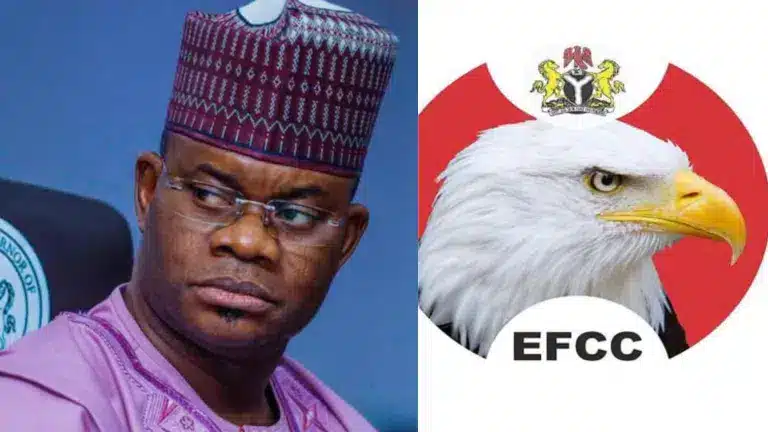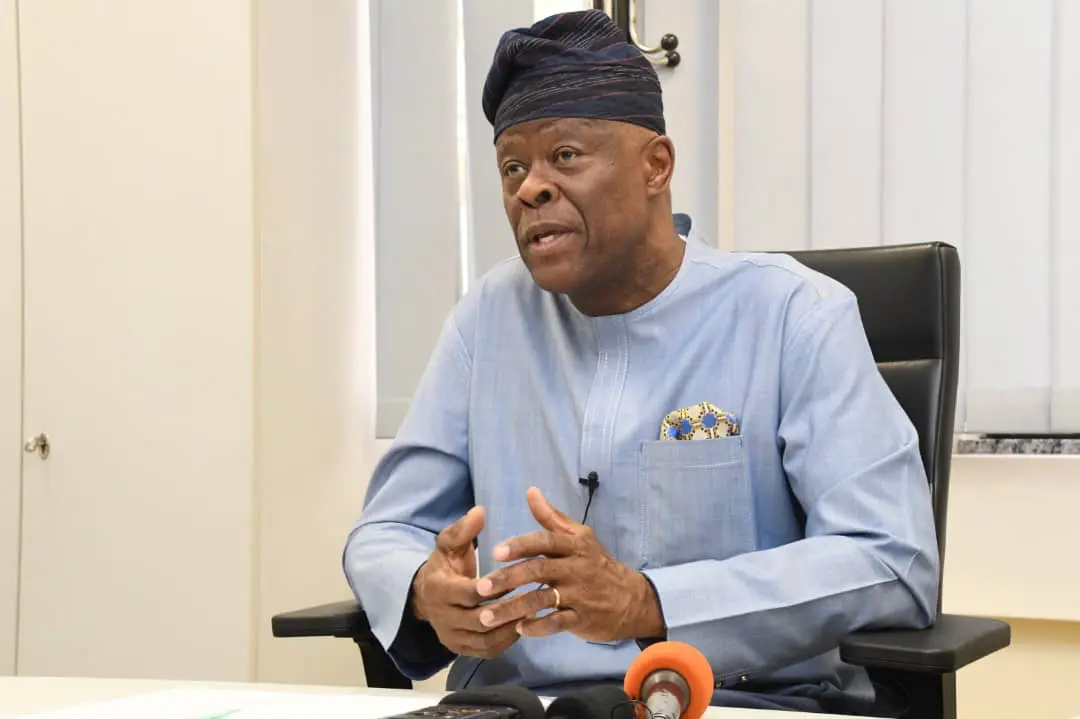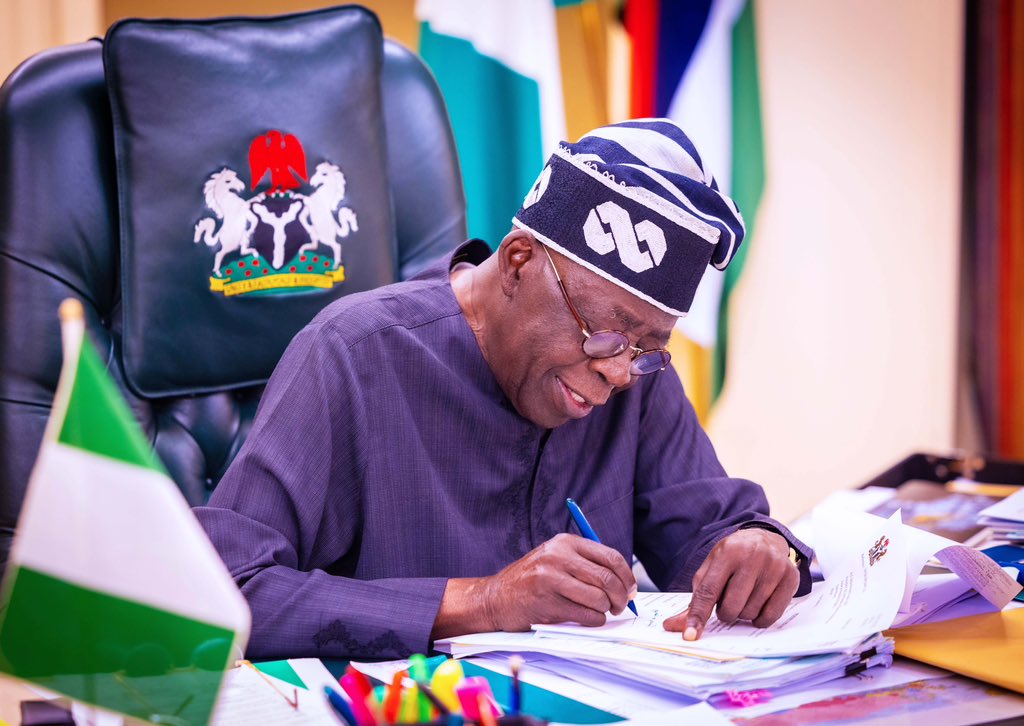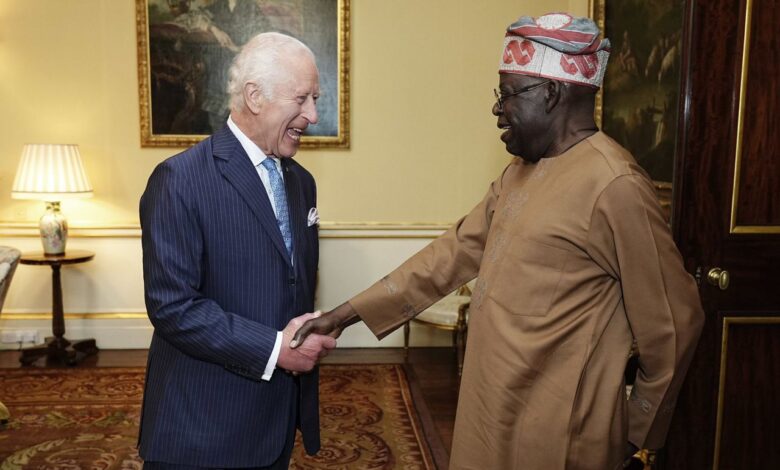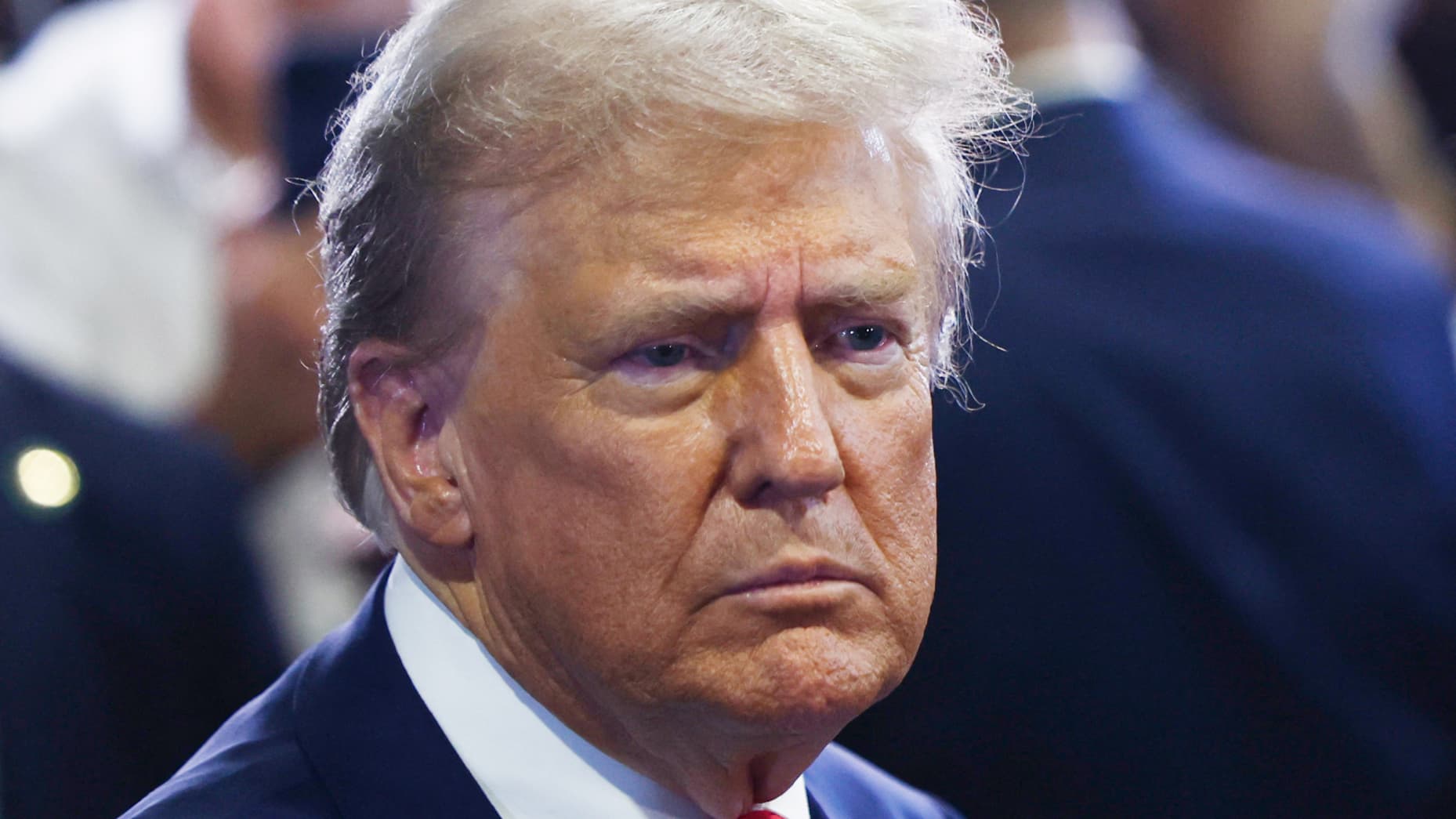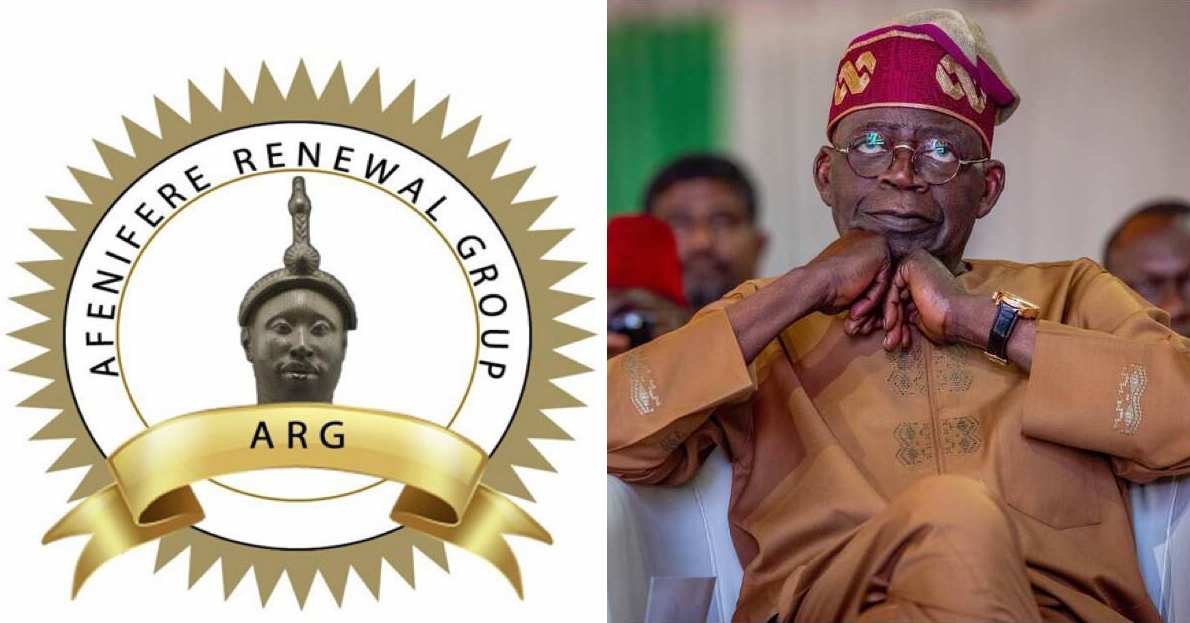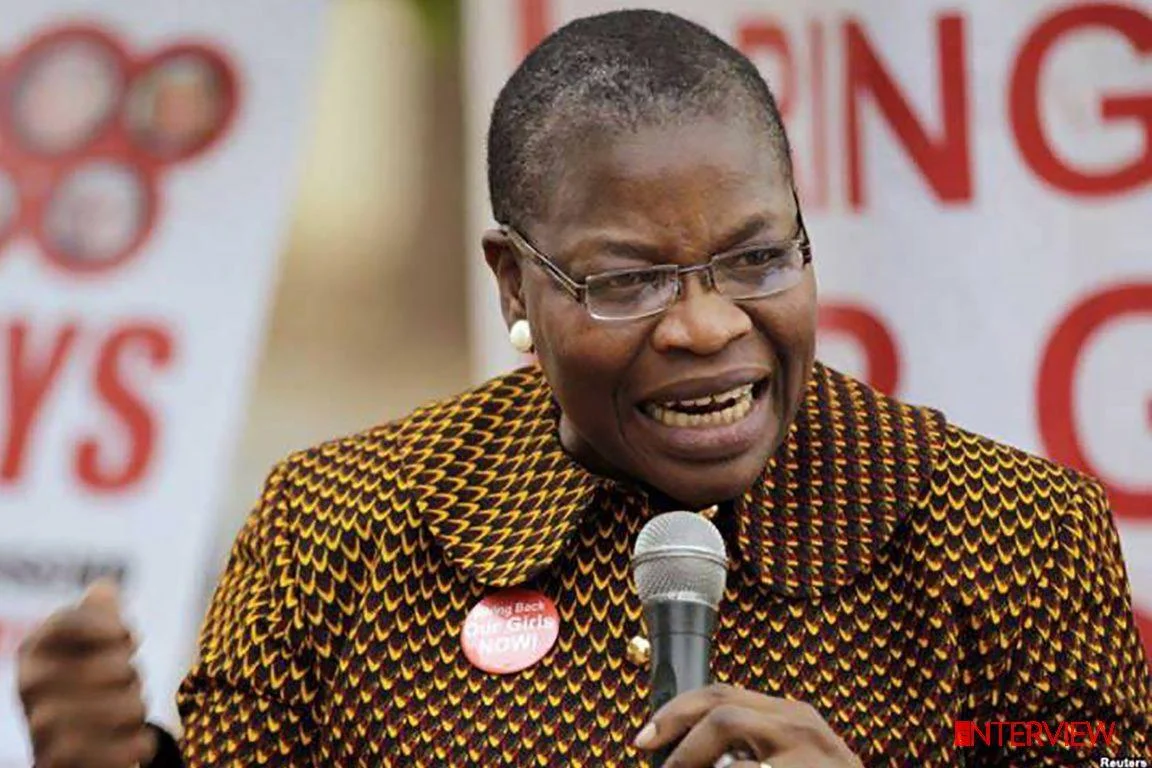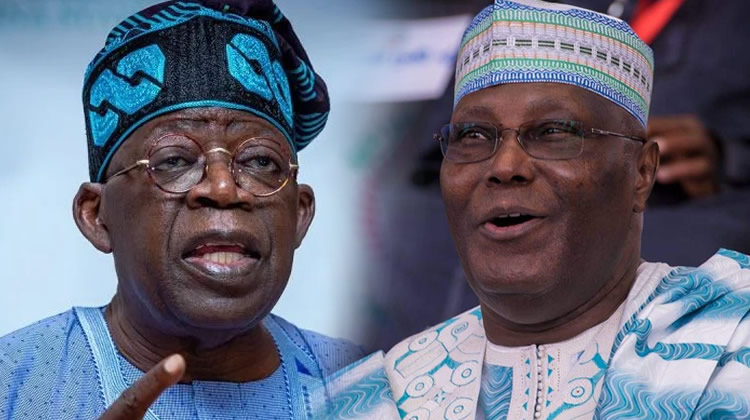Adeola Adedipe, the counsel representing former Kogi State Governor Yahaya Bello, has applied to withdraw from the ongoing corruption case at the Federal High Court in Abuja. Bello faces a 19-count charge involving alleged money laundering, breach of trust, and misappropriation of public funds amounting to approximately N80.2 billion.
Due to Bello’s absence at his scheduled arraignment, the Economic and Financial Crimes Commission (EFCC) requested that the trial judge sanction his lawyers for failing to ensure his presence in court as they had previously agreed. Kemi Pinhero, representing the EFCC, called for the court to punish the two senior lawyers representing Bello, accusing them of violating professional conduct rules.
Pinhero cited Order 31(3) of the Rules of Professional Conduct for legal practitioners, which states that a lawyer who fails to fulfill a court undertaking is guilty of misconduct and contempt. She argued, “Since one of the lawyers is present in court, he should be moved to the dock and dealt with summarily as the law requires. This is necessary to preserve the integrity of the judiciary.”
Pinhero emphasized that even high-ranking officials, such as the Chief Justice of Nigeria and a former U.S. President, have faced legal accountability. She accused Bello’s lawyers of repeatedly using tactics to delay the trial and urged the court to impose disciplinary measures to prevent further disrespect to the judicial process.
In his defense, Adedipe denied being Bello’s lead counsel and refuted the allegations of making an undertaking to ensure Bello’s presence in court. He accused the EFCC of failing to execute the arrest warrant for Bello and stated that his team had informed the court of their lack of knowledge regarding Bello’s whereabouts.
Adedipe invoked section 349(8) of the Administration of Criminal Justice Act (ACJA), 2015, to withdraw from the case, citing the unfavorable turn of events. However, the EFCC’s counsel argued that Adedipe’s request to withdraw was untimely and should not be considered, urging the court to hold him accountable.
The presiding judge, Justice Emeka Nwite, has yet to issue a ruling on the matter.

